Broadly speaking, there are two kinds of approach to performing Schubert’s Winterreise, though sometimes there’s doubt or dispute about which one a given performer has taken. According to Jonas Kaufmann, Hans Hotter, for me the greatest of all performers of the cycle, as of so much else, insisted that the performer should be a narrator, not the Wanderer himself. But Kaufmann rightly insisted that Hotter’s various recordings are dramatic, with Hotter enacting, not narrating the monodrama. So it’s not always easy to tell.
There was no doubt, though, in Christian Gerhaher’s recent performance of the cycle at the Wigmore Hall, with his long-time accompanist Gerold Huber, that we were witnessing the journey and sufferings presented directly. The atmosphere in the hall was extraordinary — a mid-January evening and not a cough to be heard. There was even a gap of silence after the final song, before tentative applause began and swelled.
Oddly, Gerhaher used a music stand and seemed to consult the score between songs, in a work that he and Huber must have performed dozens of times, though surely never with greater intensity than here. Gerhaher employed all the vocal resources that he has, though some of them weren’t fully reliable. The remarkable thing was that every note he sang sounded meaningful. He abstained from any hamming, even when virtually yelling the climax of some songs and whispering others. I was at the back of the hall and occasionally he was inaudible. In the sixth song, ‘Wasserflut’ (‘Flood’), Huber desynchronised the hands for the recurring dotted quavers and triplets, giving the effect of limping. In professional Schubert circles, that is regarded as a mistake, but if it is one it’s a mistake of genius.
Gerhaher gave the kind of account that Brigitte Fassbaender used to give, and which she recorded. Taking no prisoners, she launched into the cycle in desperation and took it from there, as we can fortunately still hear. Her rendering is incomparable and no one should even try. There were signs that Gerhaher was emulating that kind of reading, with notes sometimes almost bellowed. A Winterrreise in which everything sounds within the bounds of taste is all very well, but one of the things about Schubert’s late music is the violation of the idiom in which he’s working, as with the outburst in the second movement of the A major Piano Sonata, D. 959, and the even more extreme one in the String Quintet. A comparable effect should be made in the last nine songs of Winterreise, and Gerhaher and Huber made it, a descent into madness for which ‘bipolar’ would be a pathetically weak word.
I had to wait impatiently for a performance of another of Schubert’s last and greatest works, the Piano Sonata in B flat, D. 960. This particular work excites strong views, especially about the tempo of the first movement. It was Sviatoslav Richter who made the sonata a central work in the repertoire, and his various recordings of it are hors concours. He takes an immensely broad view of the first movement, and also takes the repeat, making it the longest first movement of any sonata. Once again Schubertians argue fiercely: Brendel and his school omit the repeat, though it contains nine bars not otherwise heard, and crucially ends with the bass trill, which should haunt the movement like distant thunder, fortissimo, with shattering effect.
When I go to a performance, I’m always tense until that point. Happily Steven Osborne, in the intimate space of Hall One of Kings Place, took the repeat and made a stunning impact with the trill. Otherwise he was a bit restless in the first movement, as if he couldn’t decide whether to let it expand and take as much time as it seemed to want, or to imbue it with drama in places where one doesn’t expect it — there are plenty where one does. The sublime slow movement, characteristic of its composer at the end of his life in that it’s hard to say whether it is heartbreaking or divinely consolatory, was ideal, and the last two movements, quirky and headlong, showed this great pianist on ground that we more often associate with him, though actually he is as remarkable in classical repertoire as he is in the masterworks of the 20th century.
Whether or nor Prokofiev’s sixth and seventh sonatas are masterpieces, they are certainly two of the consistently loudest works in the repertoire, and Osborne gave them his all, with an idiotic little piece by Feldman in between. In the small hall Osborne had the chance to show his charm as well as his power, and he chatted to us about what he was going to play. But surely the Schubert sonata should have come last?
Got something to add? Join the discussion and comment below.
Get 10 issues for just $10
Subscribe to The Spectator Australia today for the next 10 magazine issues, plus full online access, for just $10.
You might disagree with half of it, but you’ll enjoy reading all of it. Try your first month for free, then just $2 a week for the remainder of your first year.

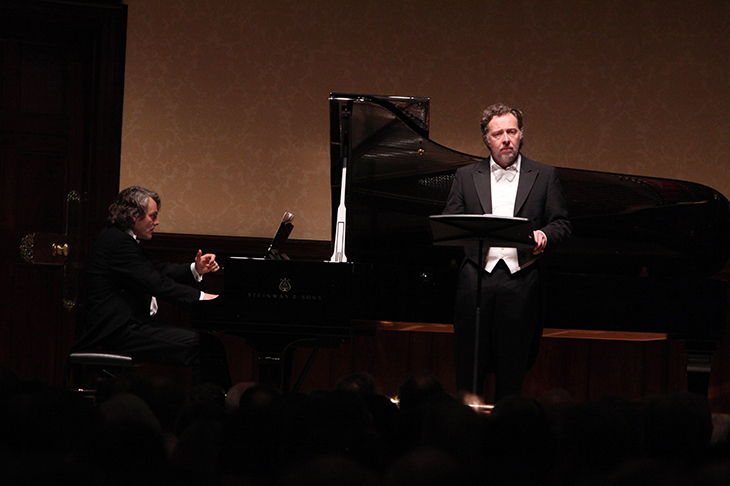
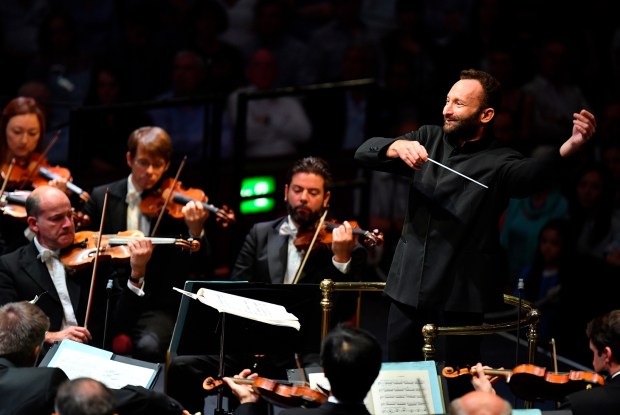
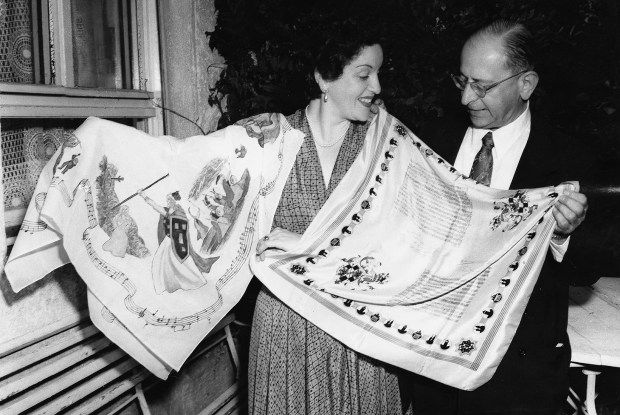
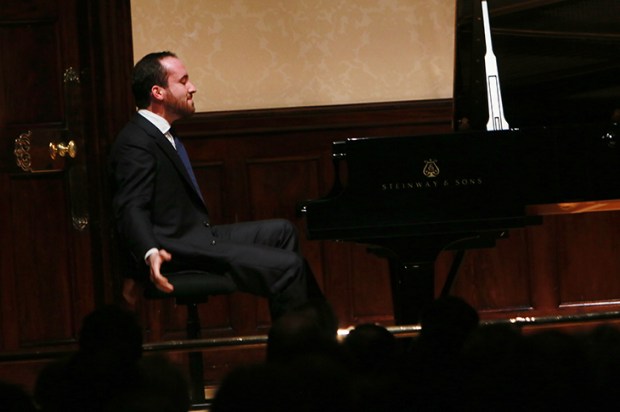
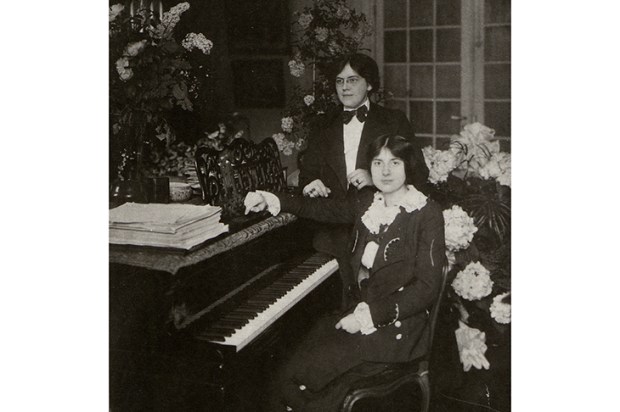

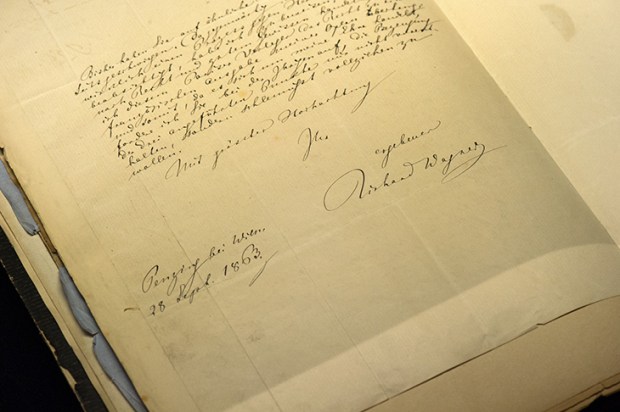






Comments
Don't miss out
Join the conversation with other Spectator Australia readers. Subscribe to leave a comment.
SUBSCRIBEAlready a subscriber? Log in